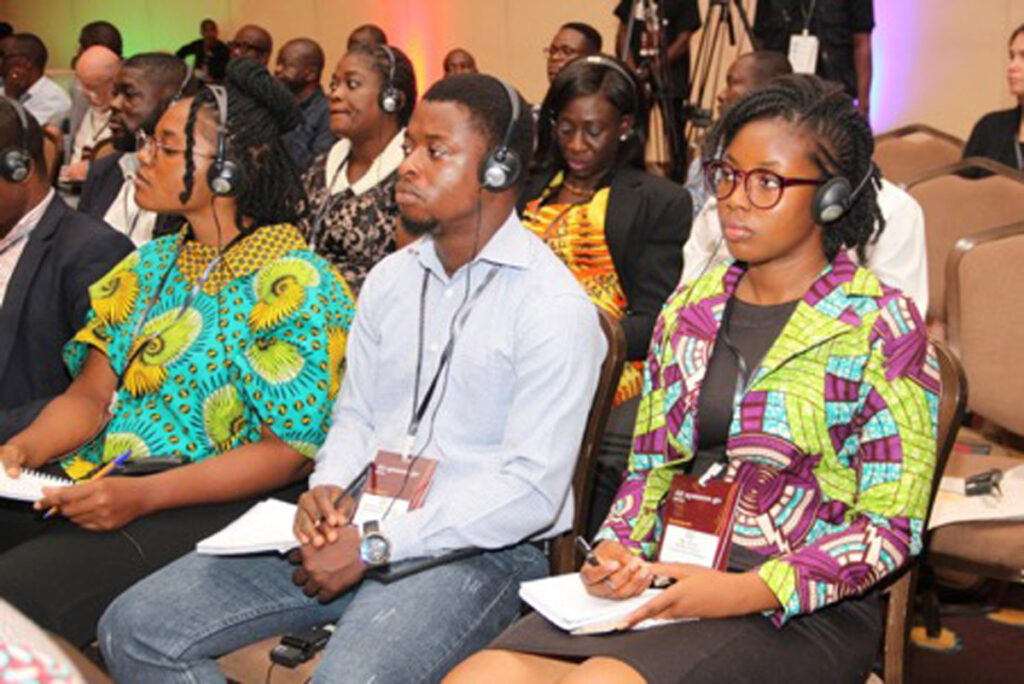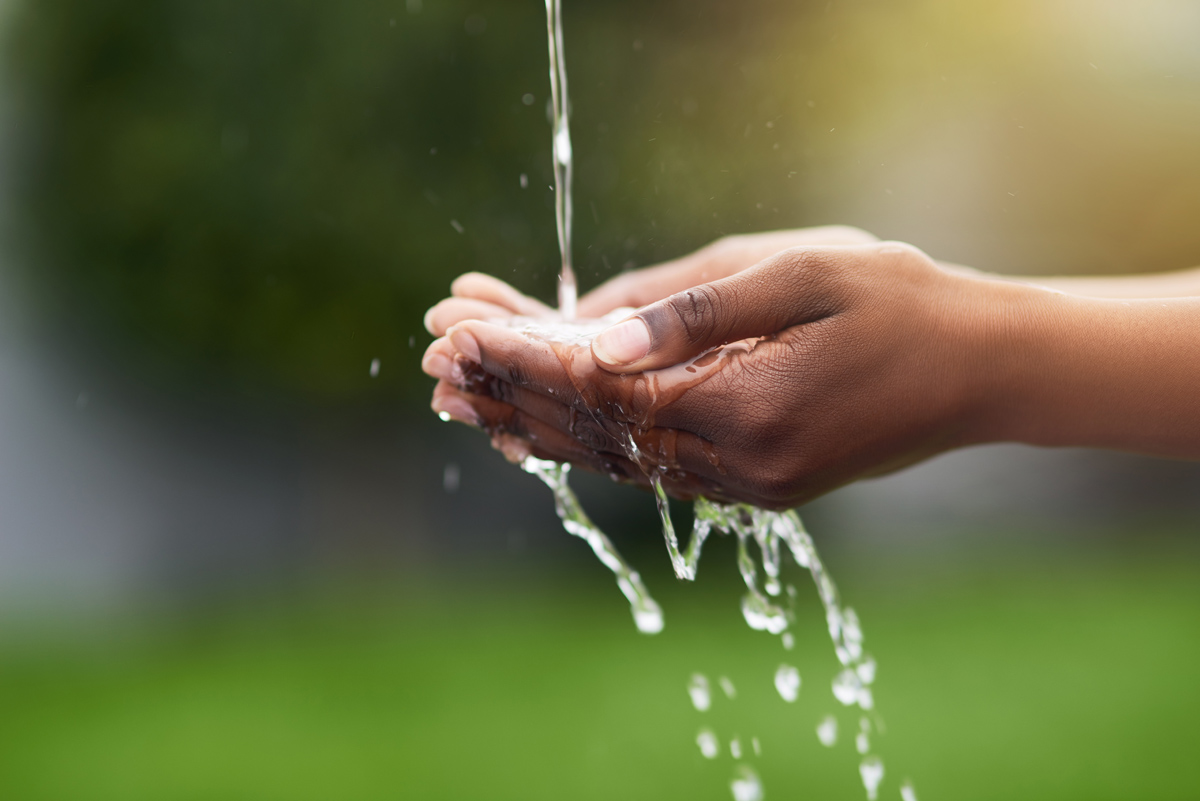Will Africa achieve SDG 6 – Clean Water & Sanitation for All?
October 2by Ewura Adwoa Larbi
The leaders of nations have placed importance on the SDG 6, which is clean water and sanitation for all. UNICEF reports that approximately 52 per cent of Africans currently live without safely managed water and 67 per cent without safely managed Sanitation, evidence of the need for reassessment of the continent’s WASH systems. The target year for Africa, just as other continents, is 2030 and all are concerned about the Sustainable Development Goal 6, its achievement and the short time we seem to have left.
In this regard, there have been individual as well as joint efforts by member countries of the UN to discuss, influence and take action to ensure safe water and sanitation. One such event was the All Systems Go Africa symposium held from October 19 to 21, 2022. The conference, which was organized by the IRC and partners including Hilton Foundation, the Ministry for Sanitation and Water Resources of Ghana, as well as UNICEF, had approximately 250 participants from 30 countries, 24 of them African countries. It was a unique three-day event that saw participants join in three plenary, 25 parallel sessions and 10 side events to deliberate, learn and discuss water, sanitation and hygiene systems (WASH) strengthening.
The Vice-president of Ghana opened the ceremony in Accra, and in a speech, commended numerous initiatives by the government toward WASH including the World Bank-supported Sanitation and Water Programme(SWP) that has enabled numerous households in some low income communities of the country to have access to toilet facilities. He mentioned that such programmes had been largely significant in the health sector: “We have not had a single case of Cholera in the past five years”.
There were high-level reflections from Ghana, Ethiopia, Rwanda and other countries on the state of the WASH systems in their countries and the status of their achievement of SDG goal 6. However, evidence presented by UNICEF showed the unfortunate likelihood of failure to meet the targets set by the African Water Vision 22 years ago.
Furthermore, eye-opening sessions on “Gender equality in WASH Systems” were convened by representatives of CARE from Kenya, Ethiopia and Madagascar. Again, various stakeholders from Uganda, Benin and Mali for instance, exchanged information on their country’s WASH systems and were encouraged to view the WASH sector as not just one of emergency and irritation to government, but rather as vital to the development and achievement of efficient WASH systems and in the long-term the SDG 6.

More importantly, many of the plenaries were facilitated by young people, undertaking ground-breaking research and development activities to aid the WASH agenda. A notable example was the presentation of research by students of the University of Ghana who were the first cohort of the Hilton Foundation Africa Drinking Water Quality Testing Fellowship in Ghana.
The first of its kind, the fellows undertook research in various water quality parameters on Ghana’s Densu lake, a major source of drinking water in the capital city. The presentation brought to light the divide between academia and the development sector, where the Ghana Water Company representatives applauded the task and asked for collaboration with the faculty in making public their findings that would aid the company in treating the lake for better drinking water to the people.
Conversations revealed the importance of well-organized databases and the role of civil society in strengthening WASH systems and attention was drawn to the need for research and the importance of citizens’ commitment in achieving SDG 6.
This conference has revealed that Africa’s fight for safe water to all citizens is not all gloomy but rather there are ways to restrategize and put the continent back on track to achieve SDG 6 by 2030.






